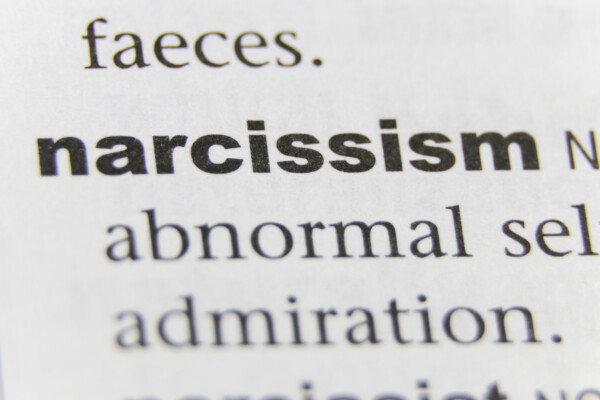
(© Prostock-studio - stock.adobe.com)
ORLANDO — A recent study shows that healthy sleep schedules and exercise routines can be helpful in more ways than you think, especially at work. It turns out these everyday practices may stop an individual from bringing their work problems into the home environment.
Shannon Taylor, a professor and Ph.D program coordinator in the management department at the University of Central Florida, conducted the study, which monitored the sleep schedules and daytime activity of 118 participants. Taylor also worked with researchers from Illinois and Wisconsin on the experiment.
“Research shows employees who are mistreated at work are likely to engage in similar behaviors at home,” Taylor says in a release. “If they’ve been belittled or insulted by a supervisor, they tend to vent their frustration on members of their household. Our study shows that happens because they’re too tired to regulate their behavior.”
Easy steps to fending off bad work days
Each of the participants were MBA students who work full-time jobs. The participants were surveyed, and then applied activity monitors for one week. Later, the researchers issued surveys to the friends, family, or roommates of the participants.
The research found that those who record less than 7,000 steps in a day were more likely to bring problems home than those who record more than 10,900. Taylor states that “the findings are particularly compelling given recommendations from the Centers for Disease Control [and Prevention] and the American Heart Association to walk between 8,000 and 10,000 steps per day.”
Taylor emphasizes that it was simple and practical to minimize harmful behavior in the home setting. By burning only 587 calories, an individual is less likely to reflect work-related negativity. It would take a brisk 90-minute walk or an hour of swimming for an average American man to burn off that number of calories.
“It’s not just good for you, it’s good for your spouse too,” the professor said in the release.
The study is published in the Journal of Applied Psychology.











2 Comments